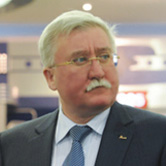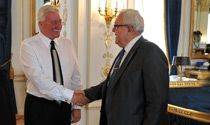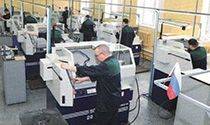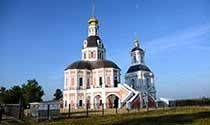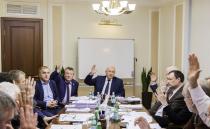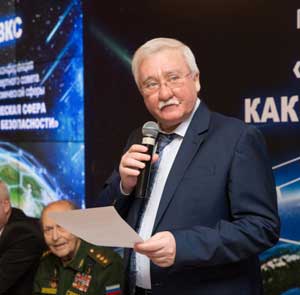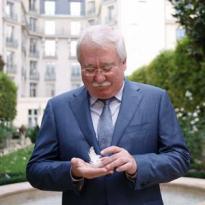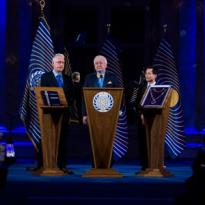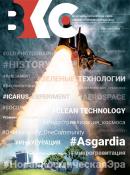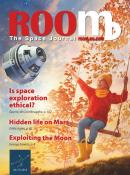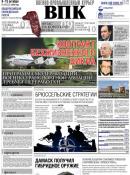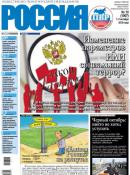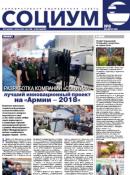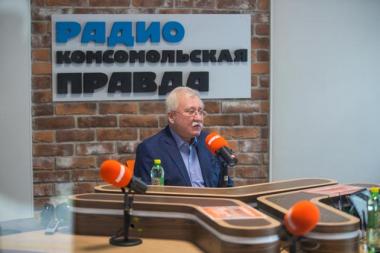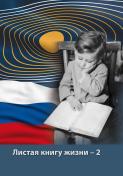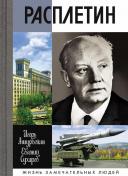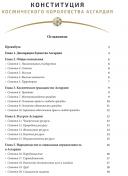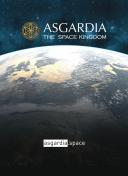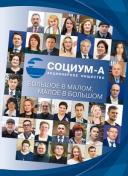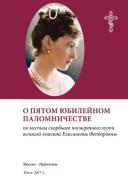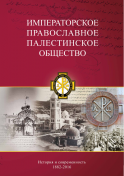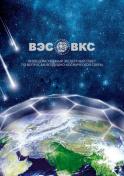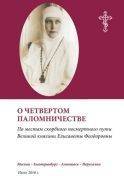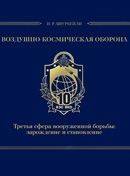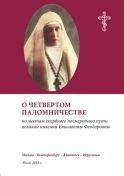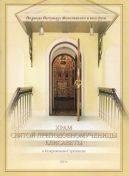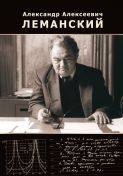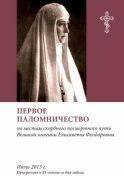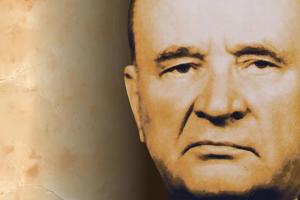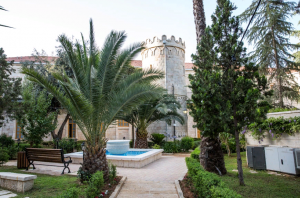CNN: Asgardia - the world's first space nation
Hong Kong (CNN)Coming soon: a nation in space for humans.
Named after a Norse mythological city of the skies, Asgardia is open to all residents on planet earth and it doesn't cost anything to join.
Russian scientist Dr Igor Ashurbeyli announced his plans to form the world's first independent nation that operates in outer space in October 2016. Since then, hundreds of thousands of people have signed up to be citizens.
Ashurbeyli says the project's mission is to provide a "peaceful society", offer easier access to space technologies, and protect Earth from space threats, such as asteroids and man-made debris in space.
But there's a catch.
Rather than residing in outer space, Asgardia's citizens will -- for the time being -- remain based on earth.
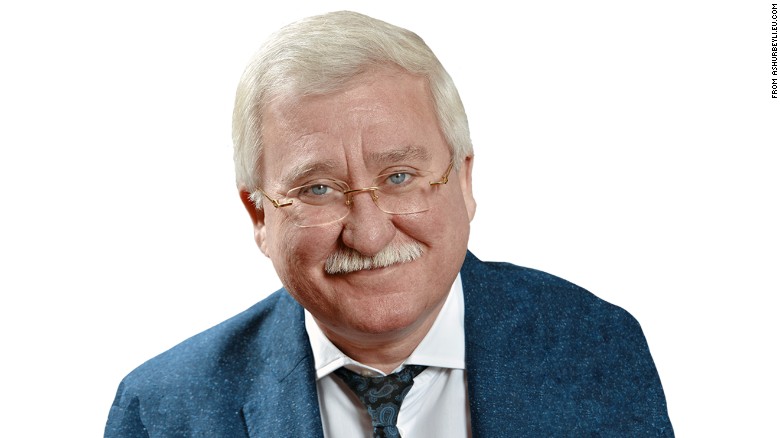
Dr Igor Ashurbeyli
Getting it off the ground
Within 40 hours of the project being announced, over 100,000 people applied for citizenship on Asgardia's website.
After three weeks, Asgardia had 500,000 applicants.
Anyone over 18 and with an email address, regardless of gender, nationality, race, religion, and financial standing was able to sign up -- including ex-convicts, provided they are clear of charges at the time of application.
Deluged, Ashurbeyli introduced a stronger verification process asking for additional details such as date of birth and address. Subsequently, the number of citizens has reduced.
Today there are about 211,000 members from 217 countries with the majority being aged between 18 and 35 years old.
There are over 130,000 English speakers, but China has the largest number of Asgardians with 28,000 of its citizens having signed up.
The gender balance -- or imbalance -- is 83% male to 16% female with the remaining people identifying as "other".
Rayven Sin, an artist based in Hong Kong, told CNN that she signed up to become an Asgardian in November 2016 after hearing about it on a Chinese radio show while she was in Toronto.
"I really want to be able to see if human beings are able to have more opportunity to express their opinions," she told CNN. "The society we live in now -- everything seems to be either capitalism or communism -- there's a lot of conflict.
"As a human being, I would hope (to see) if we could have other ways (of living). For a better life, and for more options."
John Spiro, a digital marketing specialist who organizes a monthly meet-up for Hong Kong-based Asgardians, told CNN it was the possibility of sending personal data into space that excited him.
"I help translate and preserve Buddhist sutras as a hobby and the symbolism of sending one of those religious texts in electronic form 'up to the heavens' seemed very nice."

A rendering of a habitable platform, which Asgardia envisions sending its citizens to in future
Out of this world idea
Asgardia will establish a physical presence in space via a series of satellites, the first of which, the Asgardia-1, will be launched into orbit around the Earth on September 12, 2017, Ashurbeyli revealed at a press conference in Hong Kong this month.
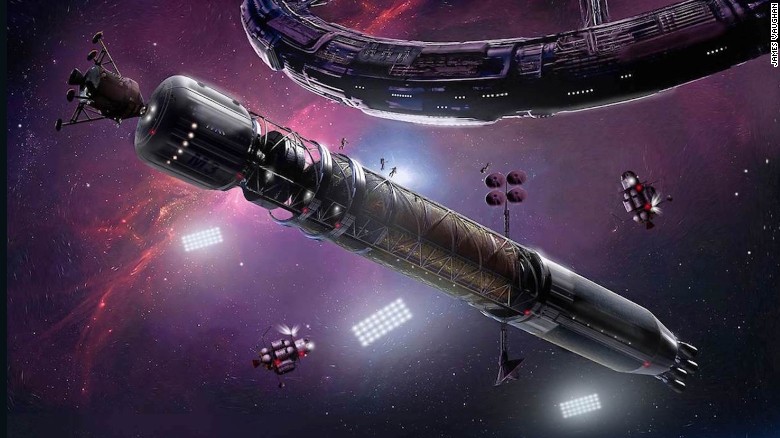
After the launch of its first satellite in fall 2017, Asgardia plans to send a series of them into space
It will travel aboard Orbital ATK's mission to the International Space Station (ISS), and be released from the American aerospace firm's ship once it docks at the ISS.
The nano satellite, or "nanosat", is small -- about the size of a loaf of bread -- and weighs just 6 pounds (2.8 kilograms), but it packs a punch in terms of storage, holding 300 kilobytes of data per person for the first 100,000 citizens who signed up.
After that, 200 kilobytes will be offered to the next 400,000 people, and 100 kilobytes thereafter for one million citizens.
The data will include things like family photos, Ashurbeyli explained.
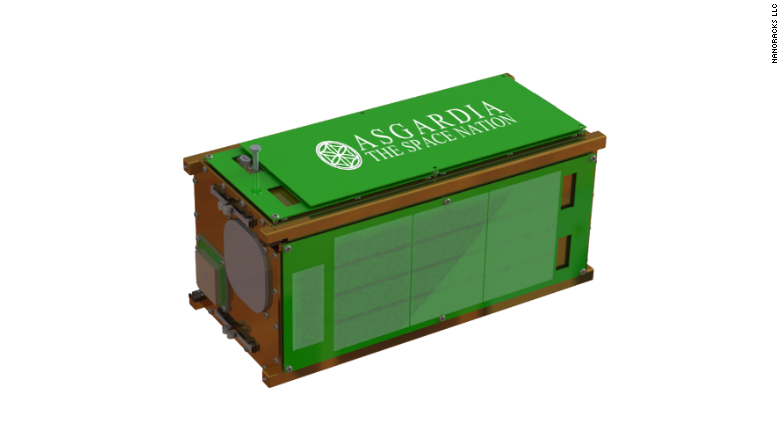
A rendering of what the Asgardia-1 satellite, produced by US company NanoRacks, will look like
Going forward, the Asgardia team hopes to create habitable platforms in low-earth orbits -- the first 100 to 200 miles (161 to 321 kilometers) from space, which is also where the ISS is located.
The first human flight to this location is projected to take place in eight years' time.
"We want to give equal opportunities to everyone who has a mind, who can do something, for their protection," Ashurbeyli told CNN.
"Our real home is not the house or the city where we were born. (Our) home is planet Earth, (and) we want to protect it.
"(It's) not a fantasy. Going to Mars, the galactics, so on -- that's just fake. I intend something more real."
Rocket scientist
A 53-year-old rocket scientist, Ashurbeyli says he is single-handedly bankrolling the project -- for a sum that's undisclosed.
Regularly reported to be a billionaire -- although he has never appeared on the Forbes rich lists -- the Azerbaijan-born Russian graduated from the Azerbaijan State Oil Academy in 1985, and three years later founded Socium, a software and consulting firm turned holding company with over 10,000 employees, according to his website.
After moving to Moscow in the 1990s, he became a heavyweight in the science industry and, in 2010, was awarded the Russian State Science and Technology Prize. Three years later, he founded the Aerospace International Research Center (AIRC) in Vienna, and today he is chairman of UNESCO's Science of Space committee.
In short, Ashurbeyli is no beginner when it comes to space.
He did, however, resign from all governmental organizations in 2011, according to his website, and now claims to be politically neutral.
